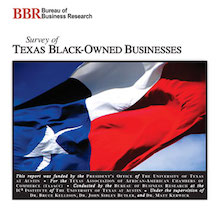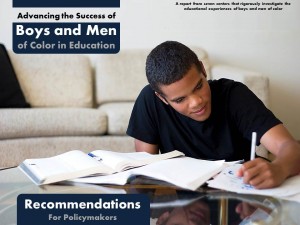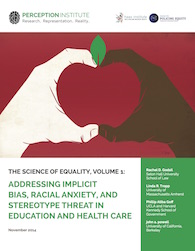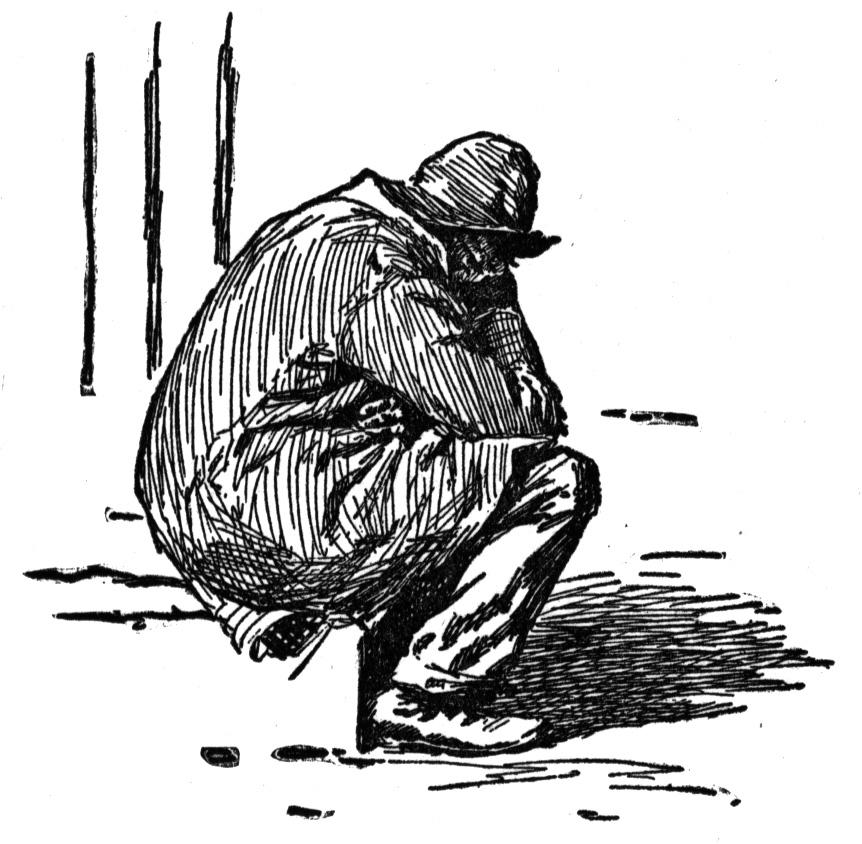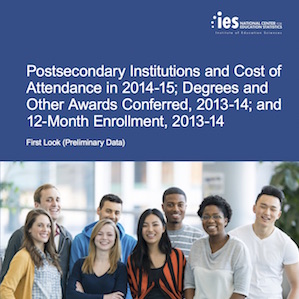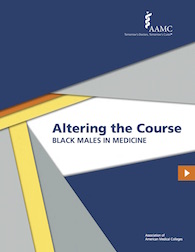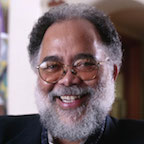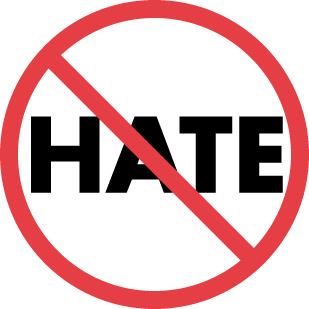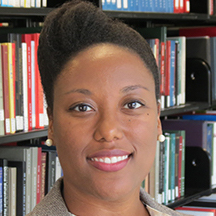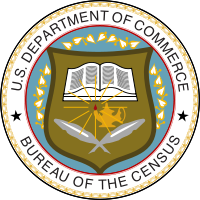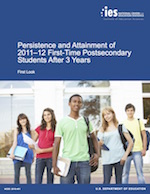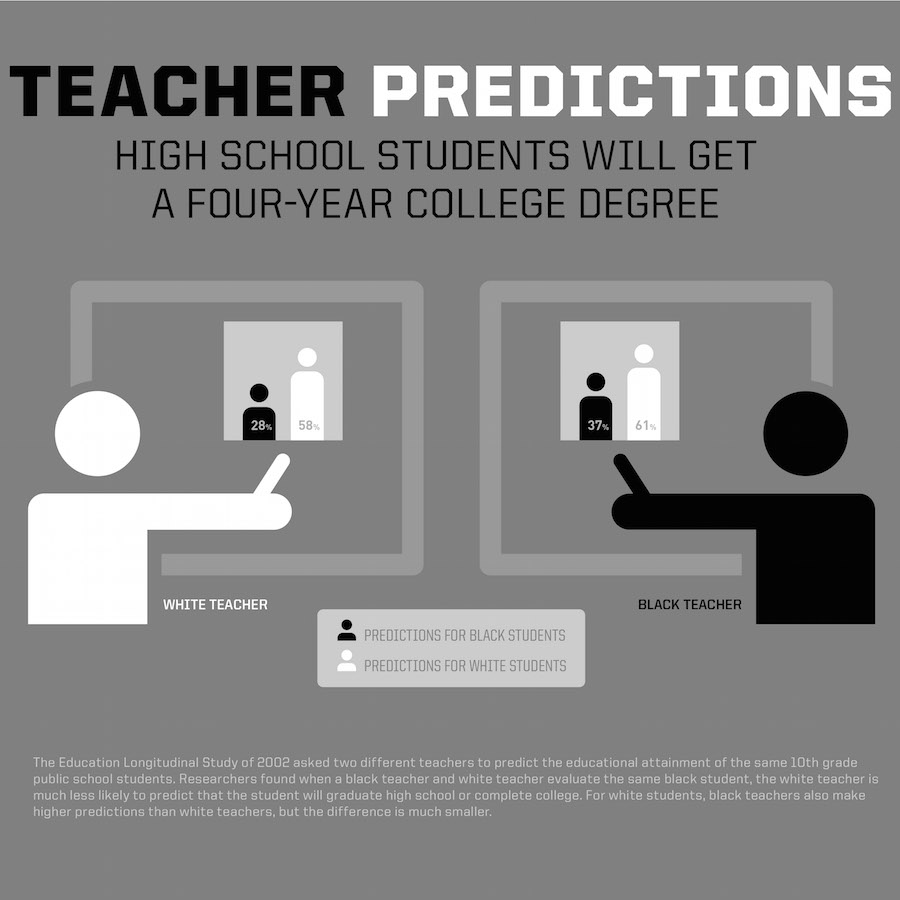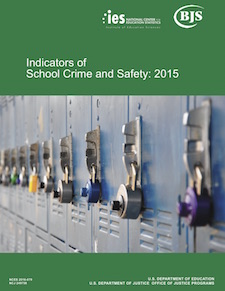A Blueprint for Advancing the Educational Success of Black Males
A consortium of seven research centers on education have issued a report that offers an assessment of the educational status of African American males at all levels of education and offers recommendations on what can be done to improve their prospects for success.
A Check on the Status of Black Enrollments in U.S. Graduate Schools
The Council on Graduate Schools reports that 40,584 African Americans enrolled in graduate programs for the first time in the fall of 2013. Of these, 69 percent were women.
Academic Study Finds Political Animosity Now Exceeds Racial Hostility
Hostile feelings for people of the other political party now exceed racial biases and dislikes, according to a study conducted by researchers at Stanford University and Princeton University.
A New Study Shows the Moderating Role of Religiosity on Black Suicides
A new study led by Rheeda Walker, an associate professor of psychology at the University of Houston, finds that religion may be a major factor in explaining the lower suicide rate among African Americans.
Tracking Black Student Graduation Rates at HBCUs
At half the HBCUs in our survey, the Black student graduation rate is 34 percent or lower. There are seven HBCUs in our survey where less than one in five entering Black students earn a bachelor’s degree within six years.
Why Discrimination Persists in the “Post-Racial Society”
The authors of the report from the Perception Institute conclude that although many people are not outwardly racist, they continue to harbor racist stereotypes that impact their behavior.
Center for African American Research and Policy Examines “Intersectionality”
The Journal of Progressive Policy & Practice, recently released a special issue on intersectionality titled, “Informing Higher Education Policy & Practice Through Intersectionality.”
Perceptions of People Referred to as “Black” Compared to “African American”
A new study led by Erika V. Hall, an assistant professor at the Goizueta Business School at Emory University, finds that people identified as "Black" are viewed more negatively than individuals referred to as "African American."
Stanford University Study Finds Large Racial Gap in 401(k) Assets
The wealth gap has a significant impact on Blacks being able to afford the costs of higher education. A new study by researchers at Stanford University shows that the racial wealth gap will probably be with us for some time to come.
Comparing the Health Status of Foreign-Born and Native-Born Blacks
A new study finds that while foreign-born Blacks tend to have better overall health than African Americans born in the United States, the advantage tends to shrink the longer foreign-born Blacks live in this country.
An Elite College Degree Does Not Shield Blacks From Employment Discrimination
African Americans who graduate from high-ranking colleges and universities have little or no advantage in the job market over White students who graduate from educational institutions that are not as highly regarded.
University Study Finds Black Cancer Patients May Be Under-Diagnosed for Depression
A new study led by researchers at Case Western Reserve University in Cleveland examined the mental state of Black and White cancer patients at the Northeast Ohio Medical Center. They found that standard mental health tests may fail to identify depression among Black patients.
Stanford Study Examines the Reasons Behind Racial Disparities in School Discipline
In controlled experiments, the researchers found that the stereotype of black students as "troublemakers" led teachers to want to discipline Black students more harshly than White students.
New Study Finds No Progress in Increasing Black Faculty in Chemistry
African Americans make up just 1 percent of the chemistry professors at the 50 U.S. colleges that have the largest budgets for chemical research. Thirty of these 50 schools have no Black chemistry faculty.
Stanford University Study Documents the Racial Gap in Neighborhood Affluence
The research found that Black families with an income of $50,000 live in a community where the average income is $42,579. Whites with an income of $50,000 live in a community where the average income is $53,000.
Number of Black Admits Declines in the University of California System
This year, 2,653 Black first-year students from California were admitted to one or more University of California campuses. This is down from 2,712 in 2014 and 2,747 in 2013. Blacks were 4.3 percent of all admits from the state of California.
UCLA Study Identifies Risk Factors for Mental Disorders Among African Americans
Research conducted at the Center for Culture, Trauma, and Mental Health Disparities at the University of California, Los Angeles, identifies factors that can predict depression, anxiety, and post-traumatic stress disorder among African Americans.
Racial Hate in Public Schools Appears to Be on the Decline
New data from the U.S. Department of Education shows that large numbers of Black students are still subjected to hate speech and hate-related graffiti at schools. But a far lower percentage of Black students were exposed in 2013 than was in the case in 2005.
A Decline in Black Enrollments in Higher Education: But Graduate Enrollments Inch Higher
There were 3,954,120 Black or African American students who were enrolled in higher education during the 2013-14 academic year. They made up 14.2 percent of all enrollments. Black enrollments were down 3.1 percent from the previous year.
University Research Finds a Link Between Poverty and Lower Brain Development
This is of particular importance to African Americans because the median income of Black families in the United States is only 60 percent of the median income of non-Hispanic Whites and Black families are three times as likely to be in poverty as non-Hispanic White families.
Why Black Men Are Making No Progress in Medical Education
In 1978, 1,410 Black males applied to U.S. medical schools. In 2014, the figure was 1,337. In 2014, women were 62.2 percent of all African Americans who applied to medical school. In every other major racial or ethnic group, men were a majority of all applicants.
Stanford Led Study Examines Differences in the Use of African American Vernacular English
A new study led by John Rickford, the J.E. Wallace Sterling Professor in the Humanities and a professor of linguistics at Stanford University, examines the use of African American vernacular English (AAVE) by young Blacks depending on the economics characteristics of their neighborhoods.
How Broadband Internet Access Fueled a Rise in Hate Crimes
Researchers at the University of Minnesota and New York University found that in counties where broadband Internet access became readily available in the early years of the century, the number of hate crimes increased by an average of 20 percent.
A “Black-Sounding” Name Makes Whites Assume a Larger, More Dangerous Person
A new study by researchers at UCLA finds that Whites assume that any person with a Black-sounding name is similar in characteristics to a person with a White-sounding name who they were told has a criminal record.
A Check-Up on the Racial Gap in Medical School Applications and Enrollments
In 2015, the number of Black applicants to U.S. medical schools was up a whopping 16.8 percent from 2014. Blacks were 7.6 percent of all medical school matriculants in 2015. This was up from 6.9 percent in 2014.
How Anti-Affirmative Action Admissions Laws Impact Campus Diversity Efforts
The authors found a reluctance by administrators who are charged with diversity missions at universities prohibited from using race in admissions decisions to deal specifically with race in their efforts to create a more welcoming campus.
Census Data Documents African Language Use in the United States
Some 60 million Americans over the age of 5 speak a language other than English at home. This is about one fifth of all Americans. Nearly 900,000 Americans speak an African language at home. Among the most common African languages in the U.S. are Kru, Ibo, Yoruba, Cushite, and Swahili.
Study Shows That Athletes Make Up Huge Percentages of Black Students at Many Universities
In the National Collegiate Athletic Association's Division I schools, an African American man at a college or university is 13 times more likely to be on a football or basketball scholarship than a White man.
Is Racism the Main Factor in Opposition to Paying College Athletes?
Researchers found that most African Americans favor paying college athletes while most White Americans oppose it. Whites with more negative opinions of Blacks were less likely to approve of paying college athletes.
Racial Differences in Persistence Rates in U.S. Higher Education
More than 40 percent of all African Americans who enrolled in higher education in the 2011-12 academic year were no longer enrolled in higher education in 2014 and had not earned a degree or certificate of any kind. For Whites, 27.7 percent were no longer enrolled.
Stanford Political Scientist Examines Gender Differences in Multiracial Identity
A new study authored by Lauren D. Davenport, an assistant professor of political science at Stanford University in California, finds that women who are children of interracial couples are more likely to identify themselves as biracial than men who are children of interracial couples.
Study Finds Racial Disparity in Risk of Dementia
A study by researchers at the University of California, San Francisco and healthcare conglomerate Kaiser Permanente found that 38 percent of the Black population will likely develop dementia within 25 years after turning 65 years old.
Teachers’ Racial Bias in Expectations for Black Students
A new study by researchers at Johns Hopkins University in Baltimore and American University in Washington, D.C., finds that Black and White teachers tend to have different expectations for the same student.
Black Heart Attack Patients Are More Likely to Be Diverted to Distant Emergency Rooms
A new academic study finds that older African American patients who have heart emergencies are more likely than their White peers to have their ambulance diverted to a distant hospital due to overcrowding at the nearest hospital.
Racial Differences in School Safety and Discipline
Clearly, schools where students feel safe, are not bullied, and are not subjected daily to intimidation, violence, and drugs are schools that will be more conducive to learning and preparing students for college.
New Data on Hate Crimes on College and University Campuses
In 2013, there were 781 hate crimes on college and university campuses that were reported to police and other law enforcement agencies. Race was the most common motivation in these hate crime incidents.
